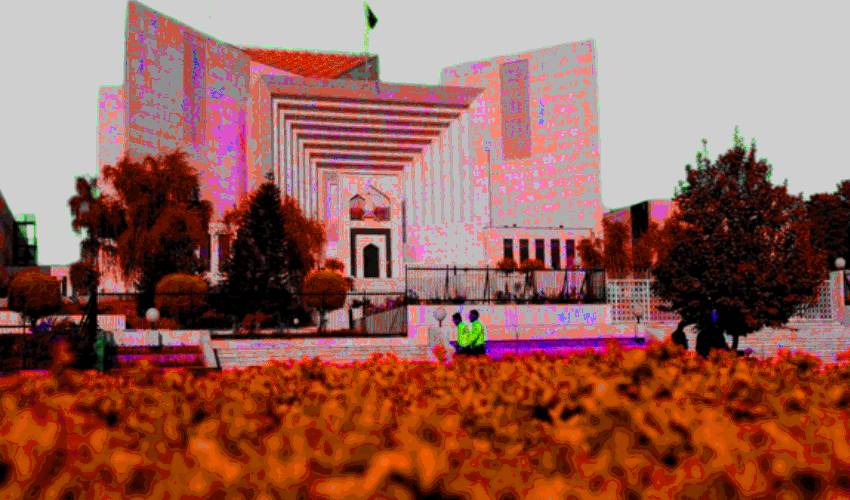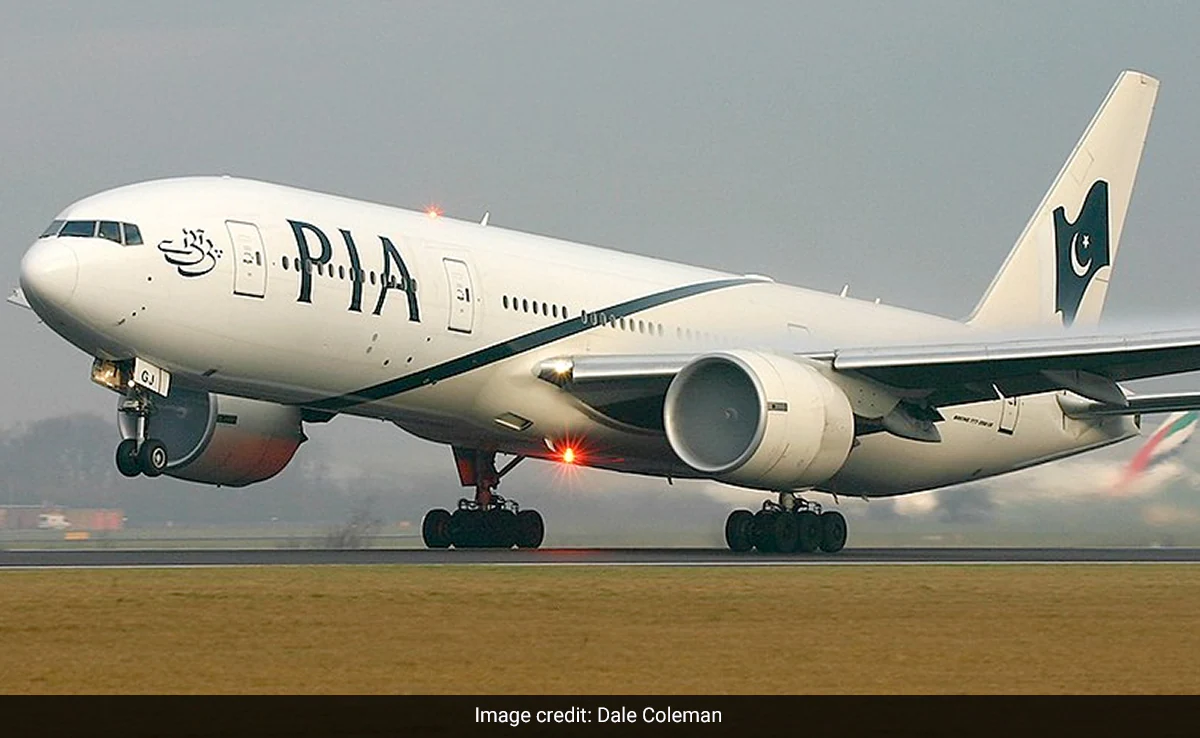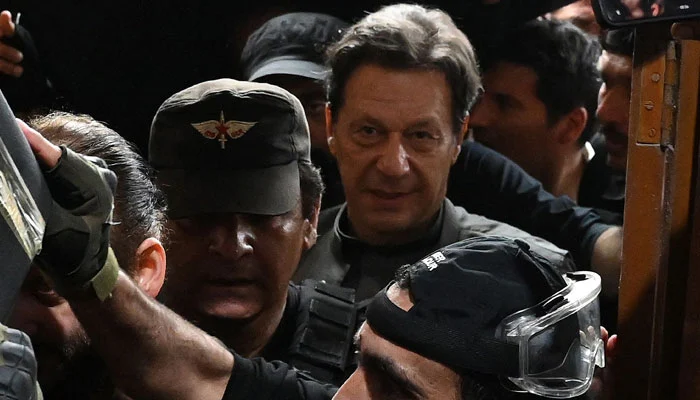
The recent landmark ruling by the Supreme Court of Pakistan, with a majority vote of 4-1, has significant implications for the country’s legal landscape and the rights of civilians who have been subject to trials in military courts. The decision, deeming the trial of civilians in military courts as unconstitutional, has far-reaching consequences not only for the accused but also for the broader discourse surrounding the separation of powers, accountability, and due process within Pakistan’s legal system.
One of the immediate impacts of this ruling is its bearing on the fate of 102 civilians who had been accused of involvement in the May 9 violence. The Supreme Court’s decision has categorically asserted that their cases should be transferred from military courts to civilian criminal courts. This shift represents a pivotal moment in Pakistan’s legal history, as it underscores the importance of a civilian legal system in upholding the principles of justice and due process.
However, the significance of this ruling goes beyond a simple transfer of jurisdiction. The court’s decision includes a rather innovative approach to ensure that justice is served, even in cases that are moved from military to civilian courts. The ruling stipulates that the trial of these accused individuals, while conducted in civilian courts, will adhere to a style reminiscent of civil courts. This entails a meticulous process of recording testimonies and providing detailed reasons for decisions. Such a move signifies a commitment to transparency and thorough examination of the cases, bridging the gap between the military and civilian justice systems.
The implications of this ruling extend to the broader debate surrounding the role of military courts in Pakistan. While military courts have been a subject of contention and debate in the country, they have been invoked in the past as a means to address terrorism-related cases, often under the premise of swift and effective justice. The Supreme Court’s decision, however, reaffirms the importance of the civilian legal system, emphasizing its role as the primary mechanism for upholding the rule of law and protecting the rights of all citizens, even in cases involving national security.
A notable aspect of the ruling is its recognition of the unique circumstances under which certain suspects may be associated with the armed forces. The Attorney General for Pakistan has clarified that a constitutional amendment is not necessary if a suspect has direct links with the armed forces. This provision acknowledges the complexities of some cases where individuals with military affiliations are involved, striking a balance between the need for national security and the preservation of constitutional rights.
The Supreme Court’s verdict, therefore, raises fundamental questions about the democratic checks and balances in Pakistan’s legal and political systems. It emphasizes the judiciary’s role in safeguarding the rule of law and ensuring that citizens are granted their constitutionally guaranteed rights, regardless of the nature of the charges against them.
As Pakistan continues to grapple with issues related to security, justice, and accountability, the Supreme Court’s decision serves as a crucial step in the direction of upholding the principles of justice and due process. It reiterates the significance of a robust civilian legal system and reinforces the idea that even in the face of national security challenges, the rights and freedoms of civilians must remain inviolable. This decision, with its innovative approach to justice, has the potential to set a precedent for ensuring accountability while preserving the integrity of Pakistan’s democratic institutions and its commitment to upholding the rule of law. It will undoubtedly continue to shape legal, political, and human rights discourse in the country for years to come.
Thank you for entrusting us as your source of information. Together, we aim to shape a world where knowledge transcends borders and unites us all. Stay focused, stay informed, and let’s make our world a better place, one story at a time.



